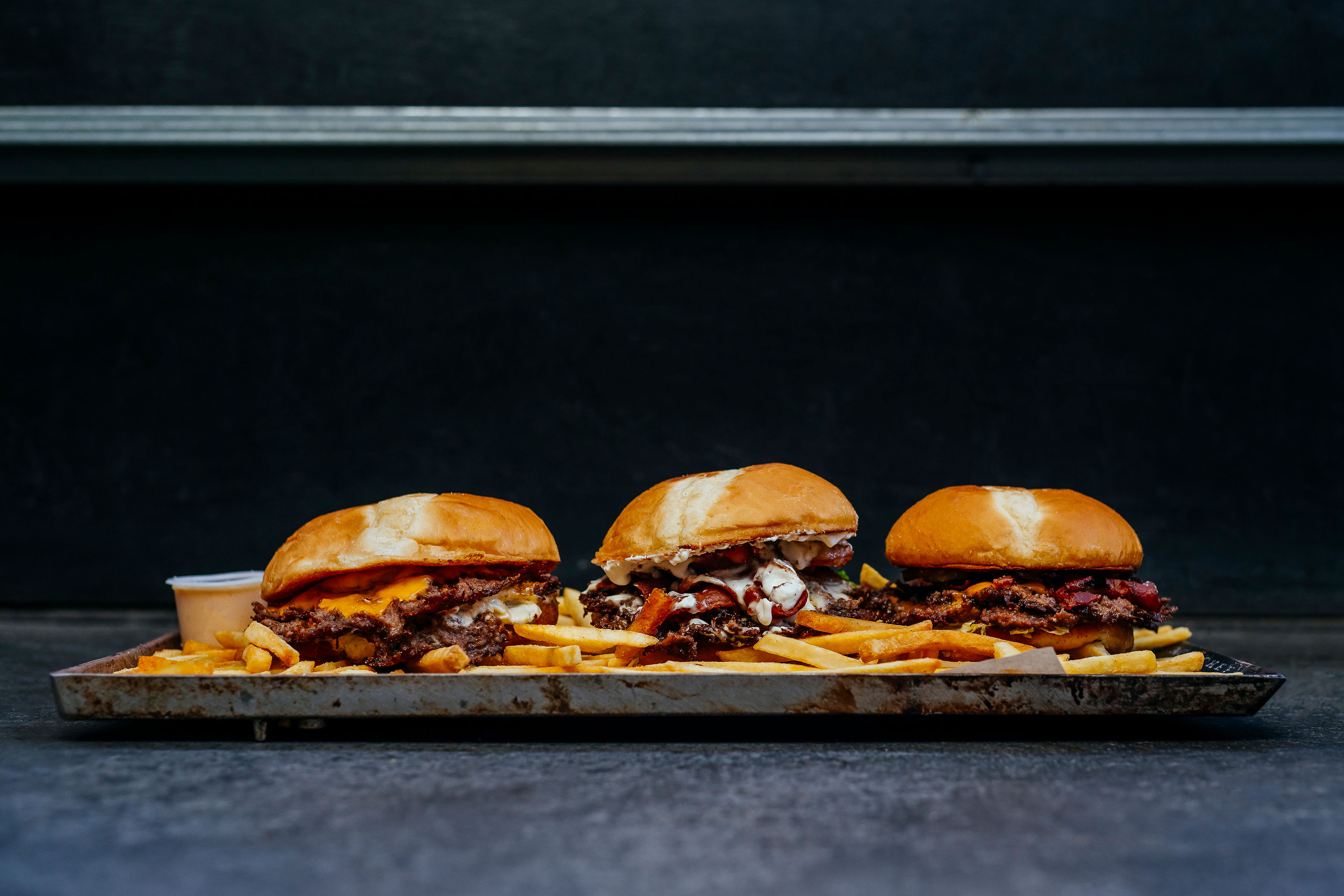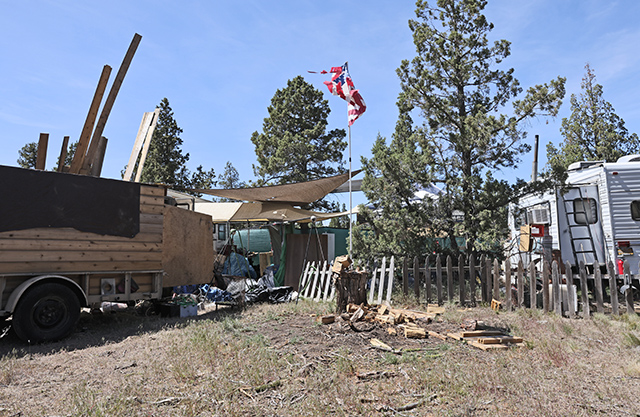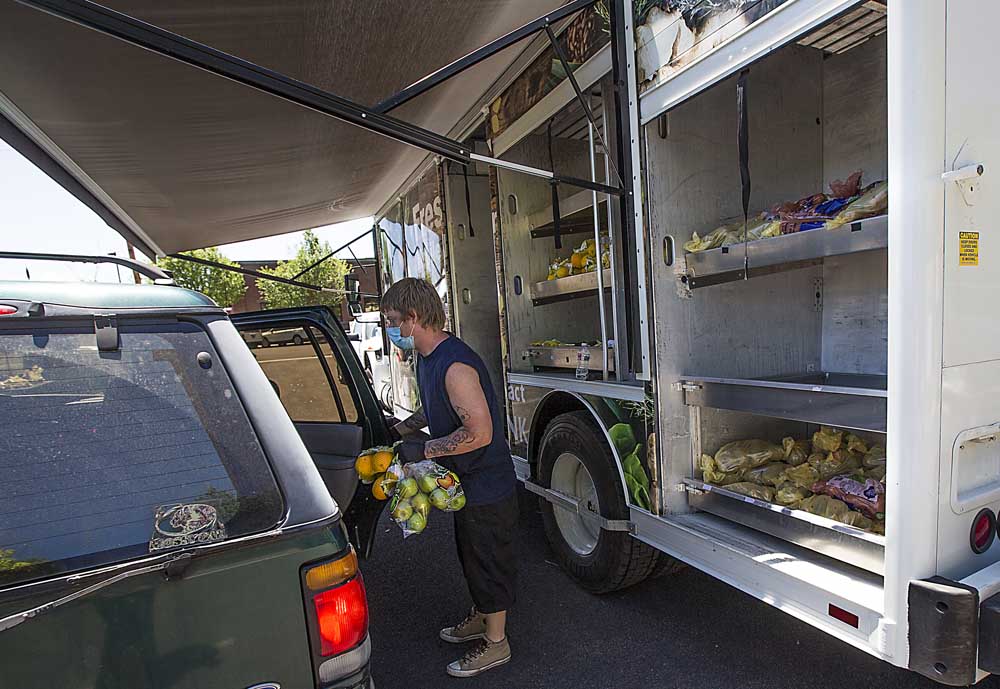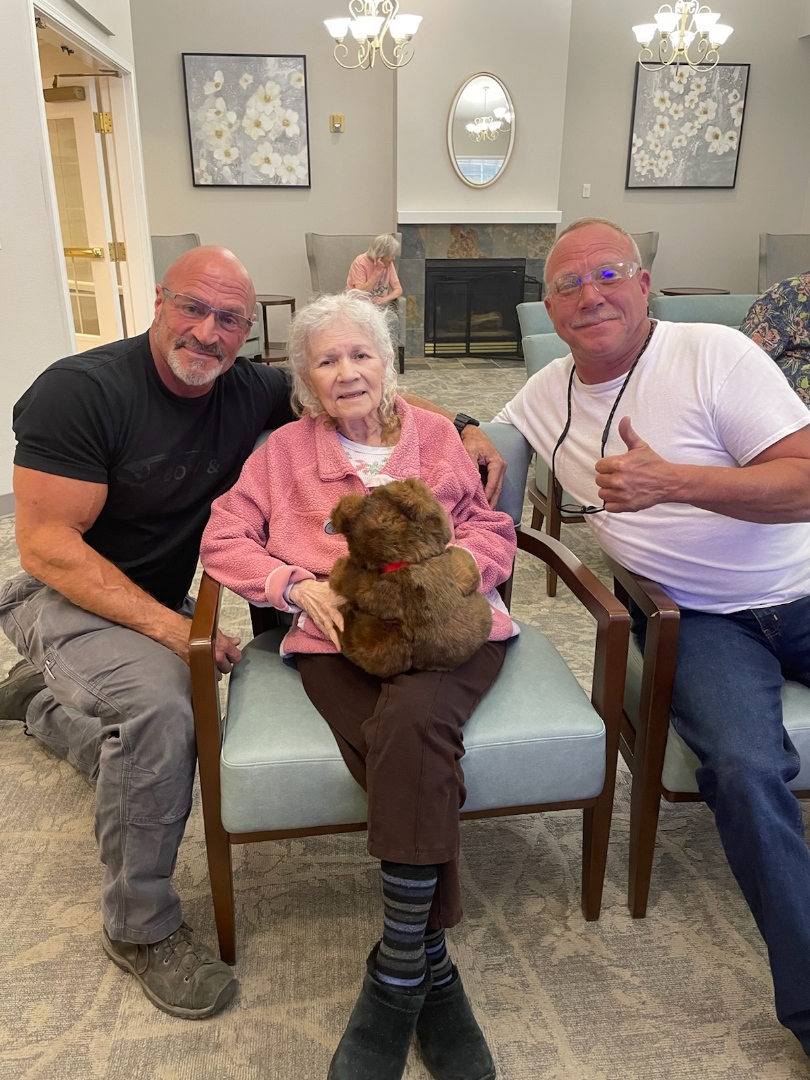A mother’s midlife crisis, set in the wilds of Alaska
Published 12:00 am Sunday, July 24, 2016

- Submitted photo
“Heroes of the Frontier”By Dave Eggers (Alfred A. Knopf, 385 pages, $28.95)
Dave Eggers’ captivating 2012 novel, “A Hologram for the King,” was both a sad-funny portrait of a man in the midst of a midlife crisis and a light-handed allegory about the current frustrations of middle-class America. His latest novel, “Heroes of the Frontier,” is a kind of bookend to “Hologram”: another midlife crisis, captured in media res — through the story of Josie, a former dentist on the run from a bad relationship and on the lam in Alaska with her two children.
The novel is a slapdash, picaresque adventure and spiritual coming-of-age tale — “On the Road” crossed with “Henderson the Rain King” with some nods to “National Lampoon’s Vacation” along the way. It’s not as moving as “Hologram” and hardly as bravura a performance as the author’s stunning debut, “A Heartbreaking Work of Staggering Genius,” but Eggers has so mastered the art of old-fashioned, straight-ahead storytelling here that the reader quickly becomes immersed in Josie’s funny-sad tale.
Like the hero of “Hologram,” Josie is grappling with a bevy of snowballing problems — virtually Job-like in their multiplication — that have driven her to impulsively leave home in Ohio with her children, fly to Alaska (where her stepsister Sam lives), rent an ancient RV and hit the highway.
Josie has had it with Carl, the lunkheaded, feckless father of her children, a good-looking dilettante who is vulgar and spineless and utterly undependable. She is haunted by the death of a teenage patient, Jeremy, who died in Afghanistan after she encouraged him to follow his dreams and join the Marines. She has been forced to sell her practice after being sued by another patient for failing to diagnose her oral cancer. And all this is on top of the woes Josie suffered growing up, the daughter of two nurses who were involved in a drug-prescribing scandal at a veterans hospital that led to 18 suicides and at least five accidental overdoses.
No surprise, then, that Josie seems perpetually lacerated with impatience and self-doubt, vacillating between a restless urge to keep moving and a weariness with life on the road.
Josie thinks of how unbearable life has become in the small Ohio town where she had lived — filled now, she observes, with angry women in ponytails who “drove at dangerous speeds on their way to yoga and Pilates, tailgating other drivers, honking.” Wanting to believe in the American dream of fresh starts and do-overs, she wonders if she and her kids — Paul, an 8-year-old with the saintly heart of an elderly monk; and Ana, his 5-year-old holy terror of a sister — could reinvent themselves in the frontier land of the 49th state. She daydreams about a new career, writing songs and bringing “renewable joy to millions,” but she worries that by pulling Ana and Paul away from home and school she is depriving them of all the order and ritual that children crave.
Eggers doesn’t inhabit Josie’s mind with the same depth of intimacy he brought to the hero of “Hologram,” and he depicts her adventures in Alaska in a breezy, almost improvisatory fashion. It is as if he started out with a vague premise about Josie’s road trip as a search for self-knowledge (and as a metaphor for the American pioneer spirit), and then just kind of made up things as he went along. He pelts Josie and her kids with one Nathanael West-like mishap after another on their meandering odyssey through the Alaskan backcountry.
Eggers’ cleareyed portraits of these children remind us of the indelible portrait he created in “A Heartbreaking Work of Staggering Genius” of his 8-year-old brother, Toph, whom he brought up after their parents died within weeks of each other. Of Toph, he wrote: “He is my 24-hour classroom, my captive audience, forced to ingest everything I deem worthwhile” — “to not have Toph would be to not have a life.”
That bone-deep knowledge of a child’s relationship with a parent informs Eggers’ portraits of Paul and Ana, and their love for and dependence upon Josie — by far the strongest and most deeply affecting parts of this absorbing if haphazard novel.






